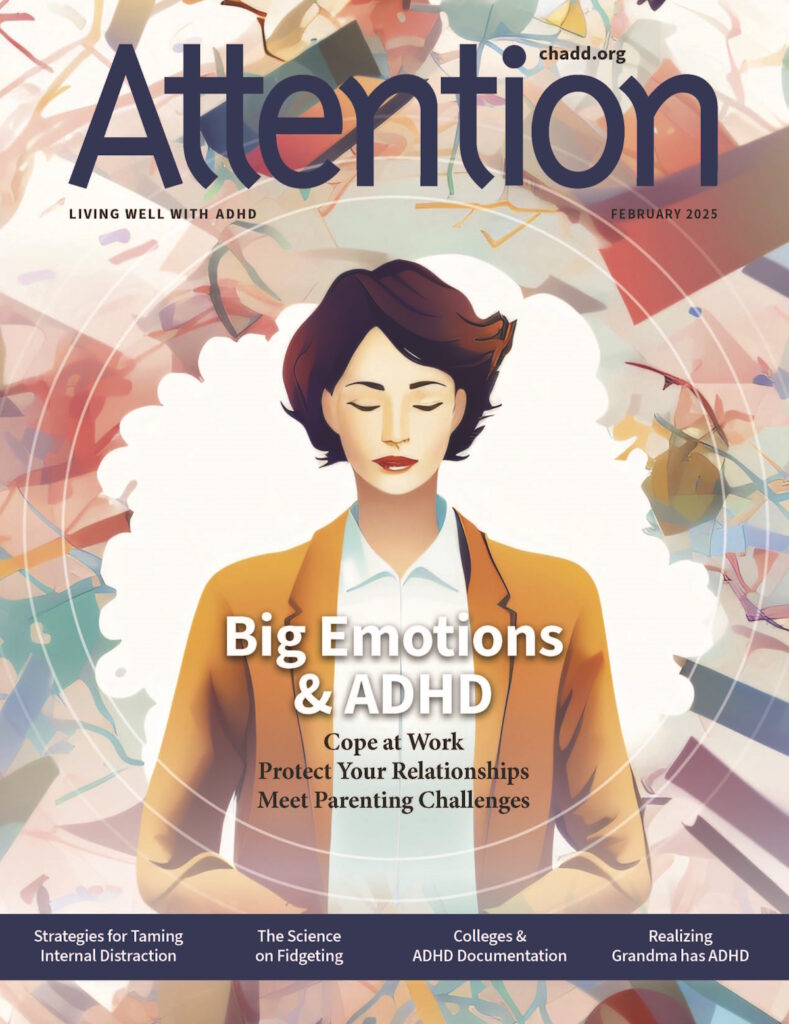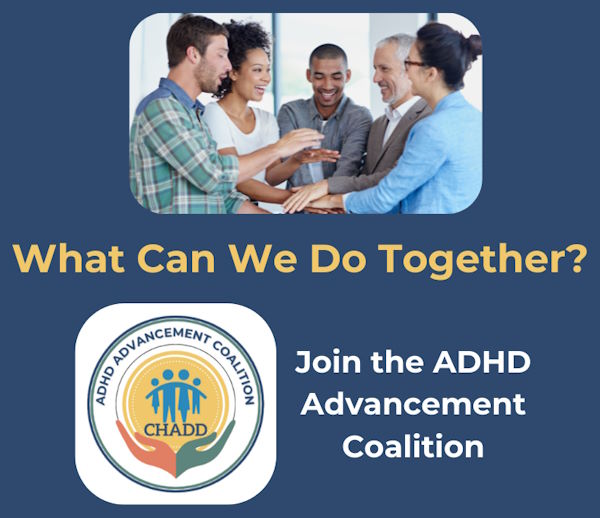-
INVEST IN YOURSELF
Tools, Strategies, and Support for Adults, Parents, Teachers, and Employers. Navigate the Complexities of ADHD.
EXPLORE TRAINING -
-
-
Leading the Way
The First Guidelines for the Clinical Diagnosis and Treatment of Adult ADHD in the United States
Learn More
For Adults
For Parents
For Teens
For Educators
For Professionals
Recursos en español
Contact ADHD Specialist
Monday–Friday, 1–5pm ET
CALL 1-866-200-8098
¿Necesitas recursos e información sobre el TDAH? Hable con un especialista de información en español.
Find a Local CHADD
CHADD has a nationwide network of Chapters. We encourage you to find a group in your area.
Training & Events
Adult to Adult Parent to Parent Teacher to Teacher Upcoming Events
ADHD Centers Directory
Find healthcare providers for ADHD in clinics located at universities and hospitals in your area.
Professional Directory
View our directory to find local ADHD professionals in your area.
Find a ProfessionalADHD in the News 2025-04-03
April 3, 2025Waiting for What’s Next
Researchers Reveal Key Brain Differences to Explain Why Ritalin Helps Improve Focus in Some More Than Others
Study: Ritalin improves numeric memory but not overall cognition in non-ADHD adults
ViewADHD Weekly, April 3, 2025
April 3, 2025Autism Awareness Month Highlights Connection Between ASD and ADHD
Feeling Stressed? It Can Make ADHD Symptoms Seem Worse
ViewEvents
-
Training on ADHD | Self-Paced Online Courses
November 1, 2024—November 1, 2034
Register -
The Effects of Federal Healthcare and Education Policies
April 8, 2025 | 12 PM ET
Register -
ADHD Awareness Month
October 1, 2025—October 31, 2025
-
2025 International Conference on ADHD
November 13, 2025—November 15, 2025
-
Listen to podcasts about ADHD
December 1, 2025—November 1, 2034
Register -
The Role of Speech Therapy in ADHD Management Ask The Expert
March 24, 2025 | 2:00 EST
-
Identifying Misinformation About ADHD Ask The Expert
March 18, 2025 | 2:00 EDT
-
ADHD in Military Families: Challenges, Support, and Strategies Ask The Expert
March 13, 2025 | 7:00 PM ET
Register -
ADHD2025 Online Conference
March 7, 2025—March 8, 2025
Register

Attention Magazine
Recognized for its excellence, CHADD’s bimonthly magazine is rich in practical information, clinical insights, and evidence-based strategies for managing ADHD.
LEARN MOREJoin the online community for parents of children with ADHD

Lunesta 3 mg vs. Other Sleep Aids – What Works Best?
Lunesta 3 mg stands out among sleep aids for its ability to promote longer, uninterrupted sleep with relatively mild side effects. Compared to alternatives like Ambien or melatonin supplements, Lunesta is often preferred for chronic insomnia due to its longer duration of action. While Ambien works faster, its effects may wear off sooner, and melato
Be the first to reply!
supplements?
I hear a lot of parents dreading the use of medications for heir children. I get it, we are all concerned about our kids health. I will also admit that meds aren’t for everyone. I got an email from additude today and they are going to be having a webinar about the use of supplements. I thought many of you may be interested in joining. https://www.
Be the first to reply!
New to Forum - Seeking Feedback
Hello everyone, new here and looking for advice. We have a 4.5 year old who already is softly diagnosed with ADHD. He has been informally diagnosed through a local organization who diagnoses ADHD, referred to them by our pediatrician, and his speech and occupational therapist have also strongly agreed he will likely get a firm diagnosis (and will n
2 replies
Struggling parents
I had recently posted about our 9 year old who was recently diagnosed with adhd with mild symptoms, in the past month it is has gotten worse. He's acted out so much in class to where he's has in school suspensions which leads to him not completing classwork/ homework and his grades are slipping. We have an appointment with an add clinic to hopeful
11 replies
is neurofeedback effective with executive functioning disorder?
the neuropsychologist who diagnosed my 12yo daughter with ADHD (combined presentation) offers neuofeedback therapy at his office. of course he has told me it is effective with ADHD, but i'd rather hear the actual experiences from parents whose child is in neurofeedback therapy or completed it, especially in terms of executive functions.
3 replies
Help - advice needed for 16+ ADHD teen daughter
My adopted has ADHD has been nasty when she doesn't get her way & flies off the handle over little things & is behind on her schoolwork. Yes I know - all ADHD behavior. She wants to go to a car/motorcycle show on way home this weekend - it's a 2.5 hour detour from where we will be staying. I am in no mood to schlep so far out of the way for her
4 replies
Amantadine weight gain
Last year we tried amantadine with our son. It took the full 6 weeks for us to see any positive change. He has adhd, odd, anxiety disorder, and autism. The big change that we seen was he was hitting himself in the face less, he seemed calmer and was more responsible. The huge negative was that he had gained 15 pounds in that 6 weeks and he is alrea
Be the first to reply!
Vyvanse
What are some side effects of Vyvanse for a 11yr. old girl.
Be the first to reply!
anyone experience new phobias on focalin?
my son is on 20mg focalin xr and 2mg guanfacine daily. He has been on stimulants for over a year but the focalin is new within the past couple months. He was previously on short acting methylphenidate but we switched due to having to take it 3x per day and having issues with the unevenness of his behavior when it starting wearing off after each dos
22 replies
Single dad seeking advice – concerned my 11yo might have ADHD
Hi everyone, I’m a dad to two amazing girls, 9 and 11. I lost my wife about two years ago, and since then it’s just been me and the girls. I try my best every day to give them a good, loving home—it’s not always easy, but they’re my whole world. Lately I’ve been getting more and more concerned about my older daughter. She’s 11, and my sister kee
17 replies
Join the online community for adults with ADHD

Startled
diagnosed as an adult. On medication- working fairly well. Question- when I get startled I usually jump a mile or yell. It makes my husband of over 20 eyars crazy. if the dog is next to me and he suddenly barks- I scream and its downhill form there. It occurred to me last week that maybe this was related to my ADHD.. when I am focussed- I am foc
Be the first to reply!
Accurate Diagnosis vs. Subjective understanding
I have lived with ADHD all my life (69 years). In my professional life as a clinician, I had the good fortune of working closely with psychiatrists and others skilled in the DSM. ADHD has historically taken various ups and downs based on my experience (not always consistent with science and statistics). For instance, during my experience working
Be the first to reply!
Is this an ADHD trait?
I’m currently awaiting diagnosis to confirm but it’s highly likely I have the inattentive ADHD subtype. One thing I really struggle with in conversations or interviews, is when I am asked to give a specific like a favourite movie for example. It’s like my brain forgets every movie that has ever existed. However, if someone is talking about their fa
7 replies
Self Acceptance is Key
I was born in 1955 and lived with a supportive two-parent, six-sibling family. I didn't know anything about mental health diagnoses. We lived on a family farm, then moved to the town next door, and my father started a family business. I knew I was different from everybody else and never considered that difference. I took on the task and expectation
1 replies
LCSW-R Licensed Clinical Therapist
I am a Licensed Clinical Therapist living with ADHD. Even though my leading practice focused on the larger arena of Mental Health Needs. I live with many daily challenges, from remembering where I last put down an item critical to the job I was engaged in. Mind you, the restricting symptoms that come with ADHD remain, and I have succeeded in tre
Be the first to reply!
Recently diagnosed with ADHD and seeking online support from groups or individuals.
Hi,I'm Derek, from New Zealand. I was recently diagnosed with ADHD and I'm seeking support from others ADHDers via online groups or individuals. My Psychiatrist forwarded this site to me, so I hope it helps. I'm kind of desperate.
6 replies
Bit bummed out but hey!
I posted the first part of some information packed guide for the neurotypical partners in hope that it could potentially help a relationship or marriage from fracturing. I thought people would really benefit from my passion and real life experiences. But it was in violation of the rules, classed as advertising and shit!! Completely nothing to do w
2 replies
My parnter has adhd and I'm looking for advice
Hi I'm new here but I thought I would give it a shot . Me and my partner have been together for 3 years engaged for 1 . He has adhd it's diagnosed but not treated.I've researched many things to try and learn more about it but there is a lot of problems in our relationship which h stem from his adhd he has agreed that is the case . However whenever
9 replies
Letting Go with no guilt attached
I do not know what to do anymore....I have to vent, sorry, I know also, I should get assessed because I had so much trouble in school .....but that is another story About my son who is a very kind young man but very addicted to his games and his videos on xbox which has been told to me by an occupational therapist, that he has to get rid of all s
5 replies
Getting organized this spring
Spring cleaning? Use these tips and strategies to organize your space to increase productivity. https://chadd.org/for-adults/organizing-the-home-and-office-space/
Be the first to reply!
Membership
CHADD membership makes the Difference. When you become a member, you become part of our mission to improve the lives of those affected by ADHD.
Become a Member
Donate
Every dollar you give, whether large or small, makes a difference in the work we do. Your donation ensures CHADD can keep the focus on all things ADHD.
Donate Today
Volunteer
CHADD’s dedicated volunteers play an integral part in the organization’s success by providing support, education and encouragement to parents, educators and professionals.
Ways to Volunteer
Chapter Services
CHADD has a nationwide network of Chapters. We encourage you to find a group in your area. This is the best way to connect with resources and find a local ADHD support group that you can share with.
Find a Chapter










